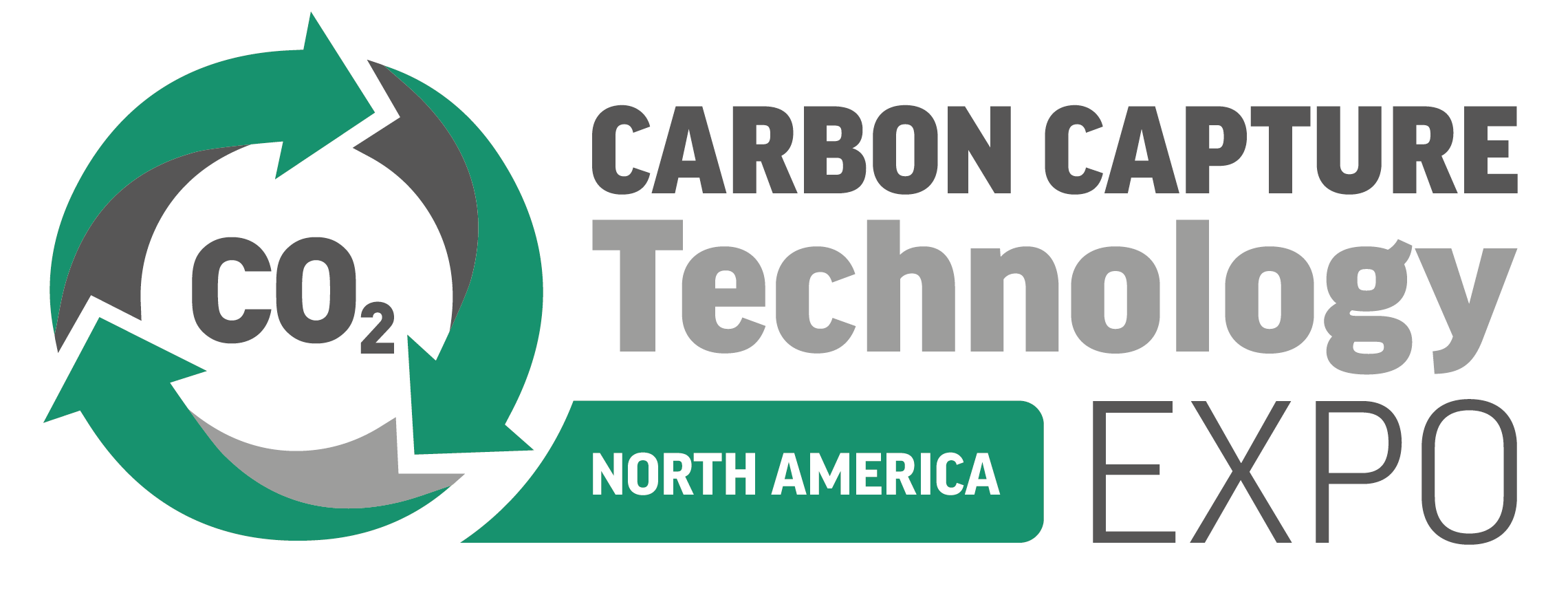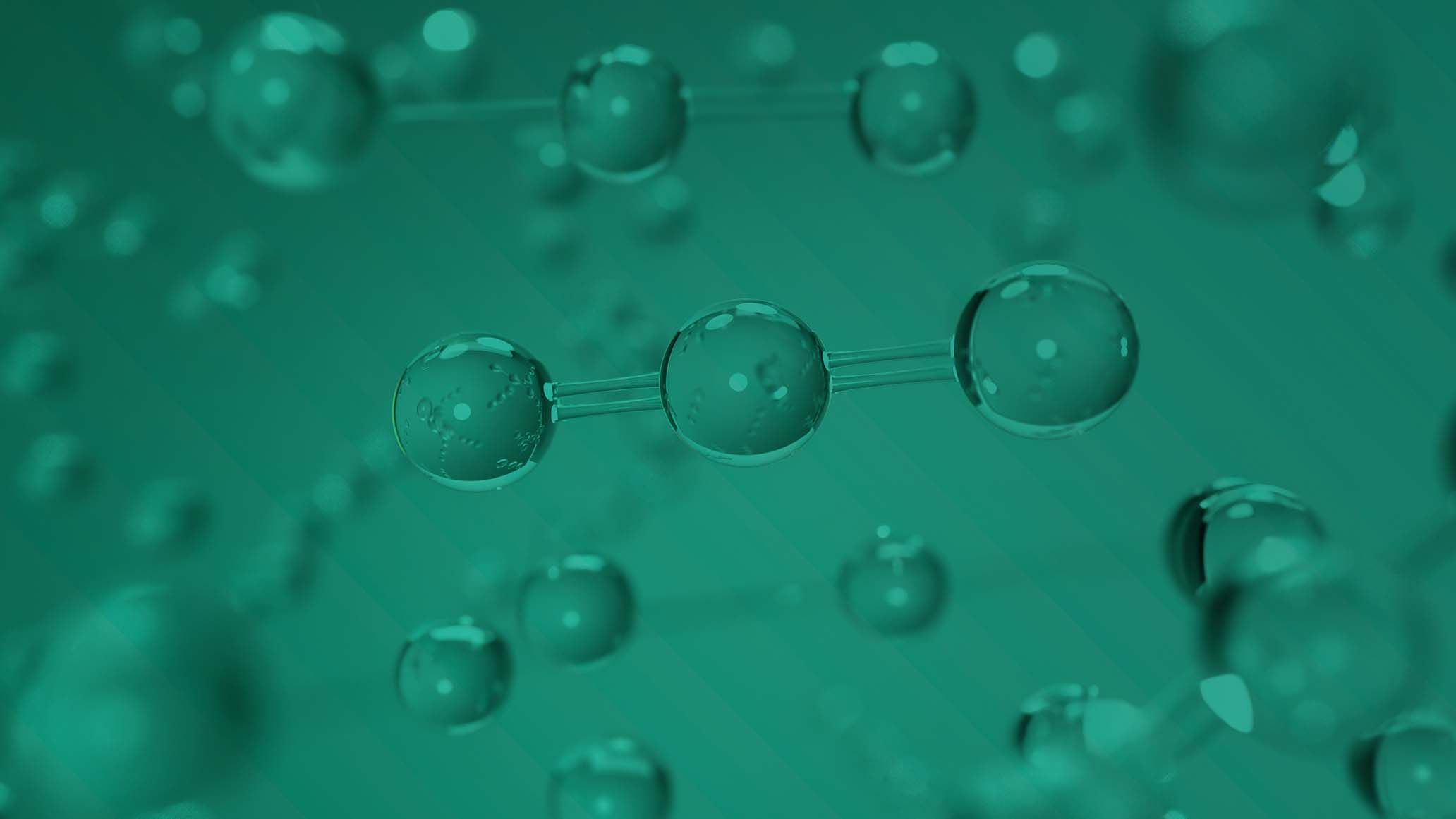Potential to capture millions of tonnes of atmospheric carbon could be found within new material
)
A brand-new material has been developed and this material could become a large role when it comes to reducing carbon in the atmosphere. This material was created by Teesside and Edinburgh University and it has already shown how effective it is in comparison to traditional CO2 removal technologies, plus it costs a lot less.
Through the process of combining hydrochar with materials such as amino acids, as well as, metal oxides, the team found that they could create Calychar. Now that this has been achieved, the researchers are aiming to find a way to overcome the material’s traditional limitations in carbon dioxide capture. Within this aim, they also want to bring about a functionalized material which has the ability to directly capture carbon dioxide for years once it has been carbonised. From there, they are also interested in permanently storing this material as a stable carbonate. The new material itself is a charcoal-like material that is cleverly formed through the use of heat and water to trat organic/bio waste in a process that is called hydrothermal carbonisation (HTC).
It has been reported that the material, which right now is under development through a collaboration between the two parties, has an estimated potential to capture 3.5-5 million tonnes of carbon dioxide in the UK. This extends to almost thirty million tonnes of carbon dioxide globally every year by 2030. Furthermore, it is anticipated that this process should come to a cost of about £100 per ton of carbon dioxide, which is notably considerably less in comparison to current direct air capture (DAC) technologies.
Whilst excellent progress has already been made for this project, further ideas and plans are already being made. For example, an idea about using CalyChar in bio-concrete and bio-cement, would mean that a long-term carbon storage solution would be created. This idea would also lead to an increase in jobs, plus it would support and encourage growth in the construction and the agriculture sectors.
So far, this excellent and innovative project has received funding from CO2RE The Greenhouse Gas Removal Hub’s Pathfinders III scheme. This scheme is part of UKRI’s interest and effort in driving a major step towards achieving net zero emissions, whilst also benefitting from the £400 billion future global market in greenhouse gas removal.
Project lead and a Senior Lecturer in Teesside University’s School of Computing, Engineering & Digital Technologies, Dr Humbul Suleman, commented, "CalyChar represents an exciting step forward in our efforts to combat climate change. By enhancing the ability of hydrochar to capture CO2, we can develop a more cost-effective and long-lasting solution for reducing carbon dioxide levels in our atmosphere."
Professor Ondrej Mašek from the UK Biochar Research Centre at the University of Edinburgh’s School of GeoSciences, added, "The integration of advanced materials like CalyChar into climate solutions is vital if we are to meet ambitious net-zero targets. At the University of Edinburgh, we are excited to apply our expertise in biochar technology to help optimise the carbon capture potential of this material. Together with Teesside University, we are exploring ways to accelerate its deployment in real-world applications, from soil enrichment to sustainable construction."
Fund manager, Paul Rouse, mentioned, "With technological synergy at its core, the project aims for amplified capabilities, drive sustainable innovation, and positively support the UK's climate goals. As the world faces the growing challenge of climate change, initiatives like CalyChar offer hope for a cleaner, greener future."



)
)
)
)
)
)
)



)
)
)
)
)
)
)
)
)
)
)
)
)
)
)
)
)
)
)
)
)
)

)

)
)
)

)
)
)
)
)
)
)
)
)
)
)

)

)
)
)
)
)
)
)
)
)
)


)
)
)

)
)
)

)
)
)
)
)
